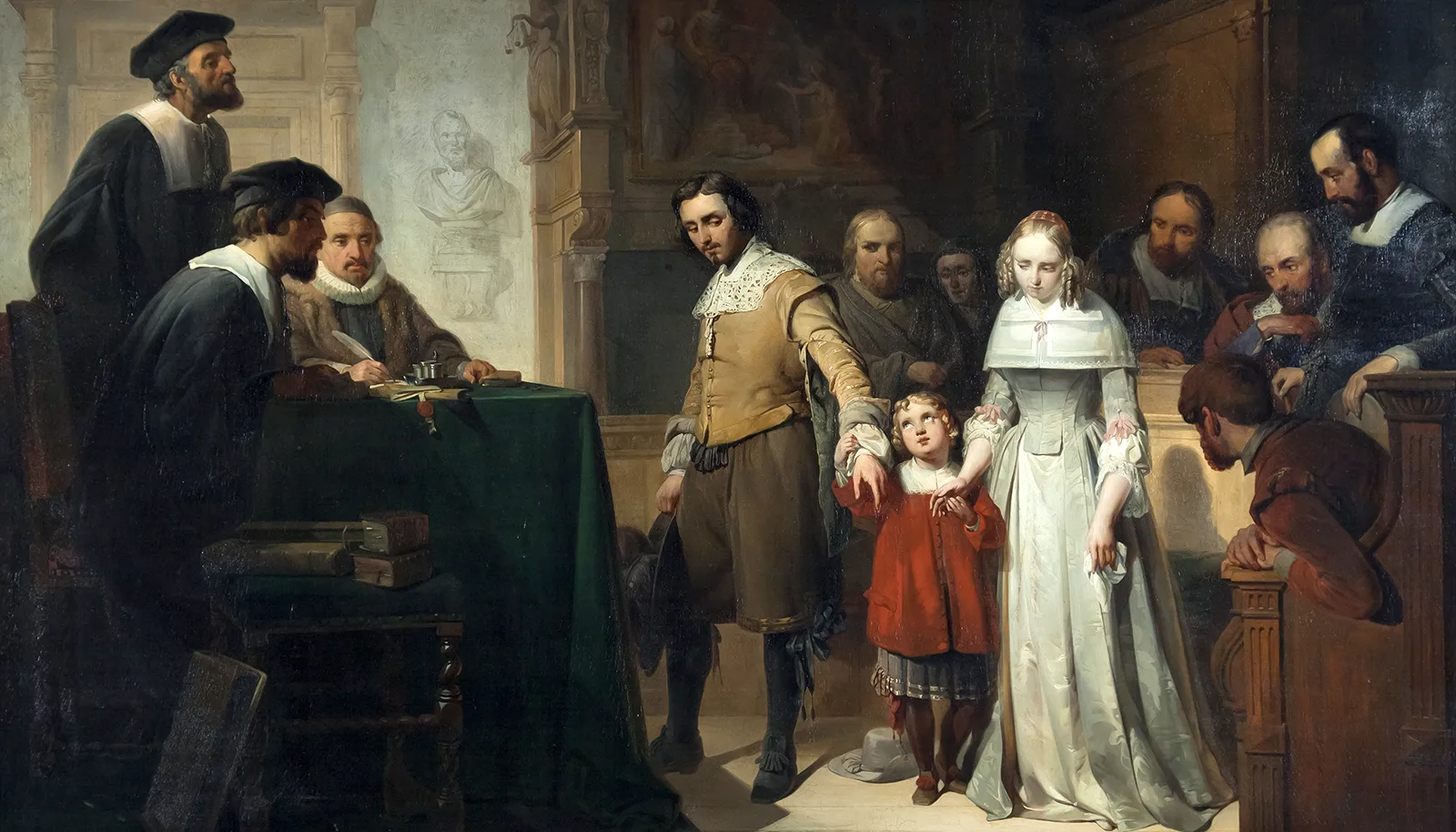A critical look at the court decision NL24.43322 of 12 May 2025
- Introduction
In its decision of 12 May 2025 (case no. NL24.43322), the District Court of The Hague, sitting in Rotterdam, examined the appeal of a Russian citizen against the refusal of her asylum application. The court found the refusal by the Minister for Asylum and Migration to be insufficiently substantiated and overturned it. This decision clearly demonstrates the current tension between an individual’s freedom of political expression and the assessment of persecution risk within immigration law.
- Factual Circumstances and Positions of the Parties
The applicant, a Russian citizen born in 1996, had been publishing critical statements against the Russian government on Instagram since 2019, condemned the war in Ukraine, and, notably, expressed hope for Putin’s assassination. After leaving Russia in November 2022, she continued her activities, participated in memorial events for Navalny, and met with opposition figures, including Ilya Yashin.
The Minister acknowledged the credibility of her political beliefs but deemed her activities “marginal” and insufficient to establish a threat of persecution upon return to Russia.
- The Essence of the Court’s Legal Position
The court partially agreed with the Minister but ultimately concluded that the contested decision should be overturned on the following grounds:
“Political activist” risk profile
The court acknowledged that the applicant does not formally fall under the narrow definition of a political activist, as her social media reach is limited and her activities are not highly public.
Awareness of the Russian authorities
A new circumstance—the publication of a joint photo of the applicant with Ilya Yashin, which was posted on Yashin’s account—could have brought her “onto the radar” of the Russian special services. This required an additional assessment, which the Minister failed to conduct.
Risks upon return
The court noted that the Minister had not properly considered the risk of interrogation and searches at the border upon return to Russia, despite the availability of data on such cases from independent sources.
Assessment of “marginality”
The court rejected the classification of the applicant’s activities as marginal, stating that even with a limited audience, publications containing calls for violence, participation in opposition events, and fundraising for Ukraine constitute substantial grounds for fearing persecution.
- Legal Significance
The decision underscores the importance of an individual approach when assessing political motives in asylum cases. The court opposes a formalistic interpretation of the “political activist” profile and recognizes that even “ordinary citizens” can face persecution in authoritarian states for publicly criticizing the government.
The court also points to the need for an active and up-to-date analysis of the situation in the country of origin, including through the prism of digital surveillance and tightening legislation.
- Conclusion
The decision in case NL24.43322 represents an important correction to the authorities’ narrow position on assessing political activity and risks for refugees. For legal practice, it provides a basis for broader protection of dissidents from authoritarian regimes, whose activities may not be large-scale but are potentially dangerous in the eyes of their countries’ authorities.
Sources:
- Decision of the District Court of The Hague, sitting in Rotterdam, of 12 May 2025, NL24.43322 – https://uitspraken.rechtspraak.nl/details?id=ECLI:NL:RBDHA:2025:8984
- Asylum Application Policy Guidelines, § C7/29.3.2
- General Country of Origin Information Report on the Russian Federation, March 2023
- Thematic Country of Origin Information Report on the Russian Federation, February 2025







